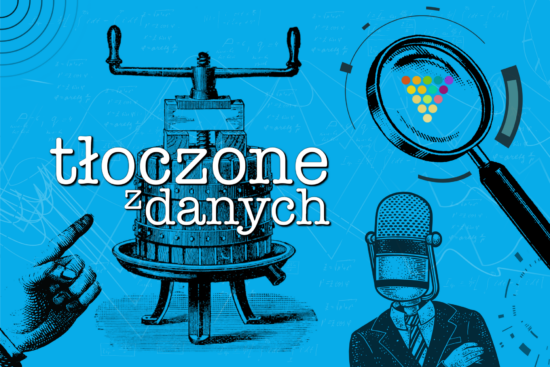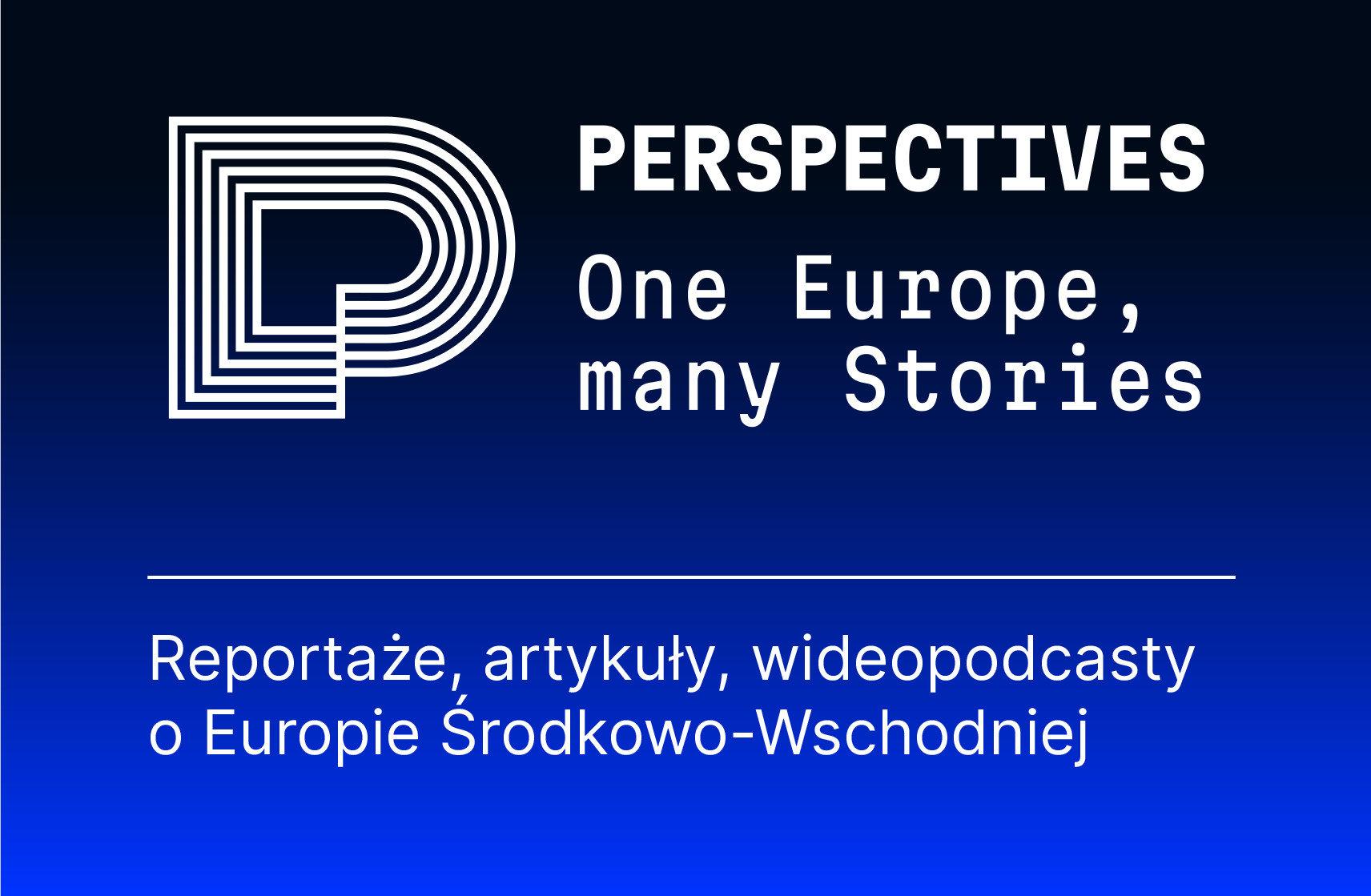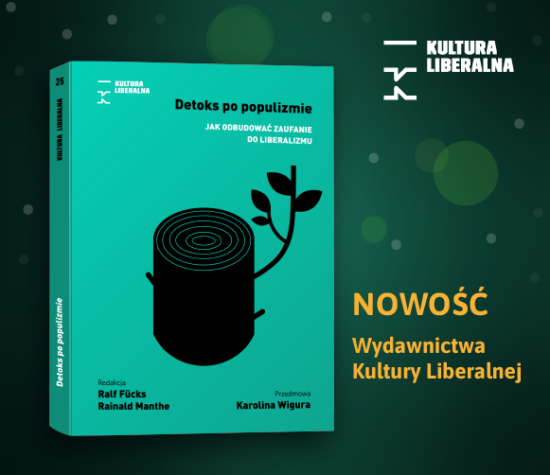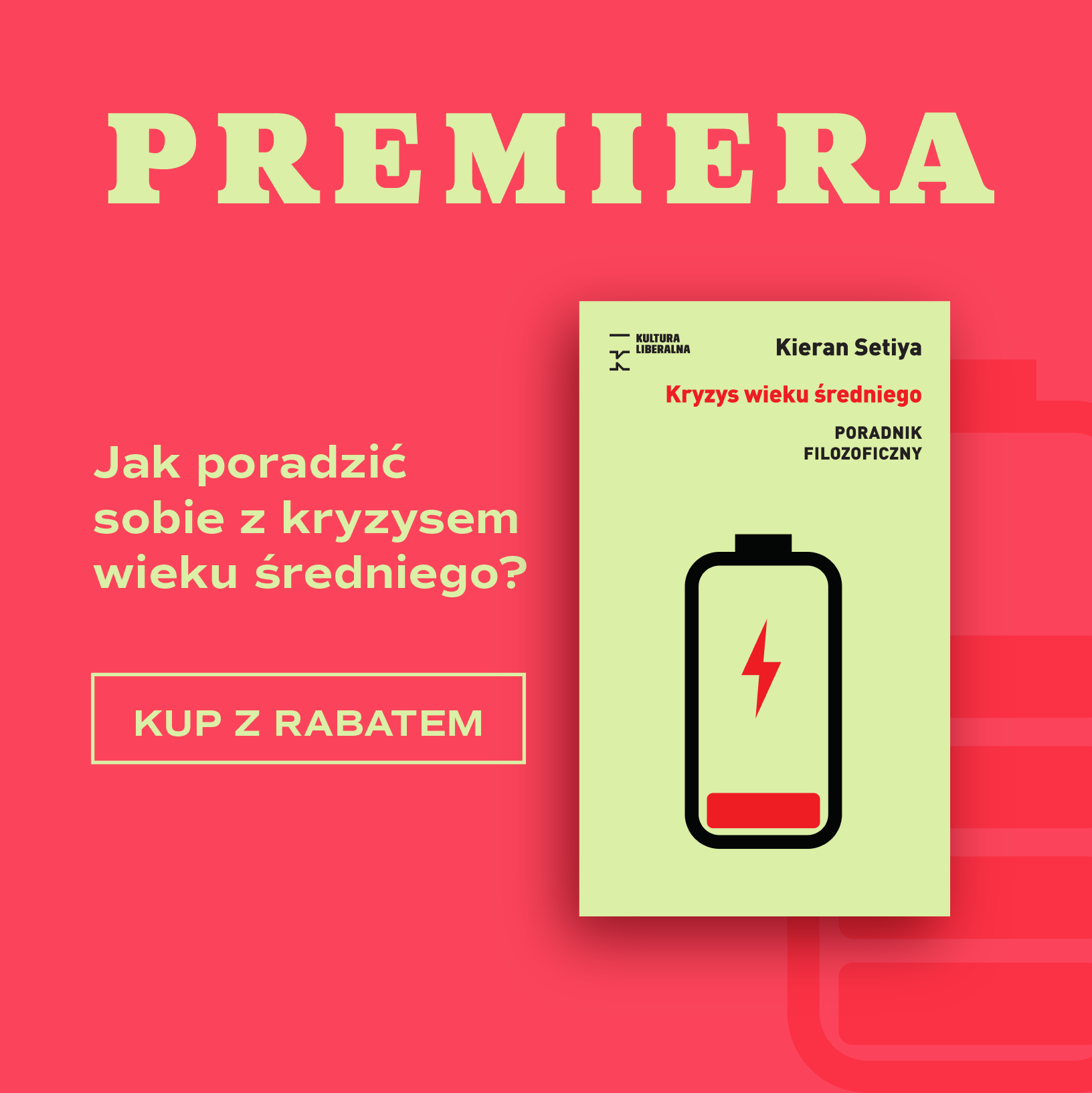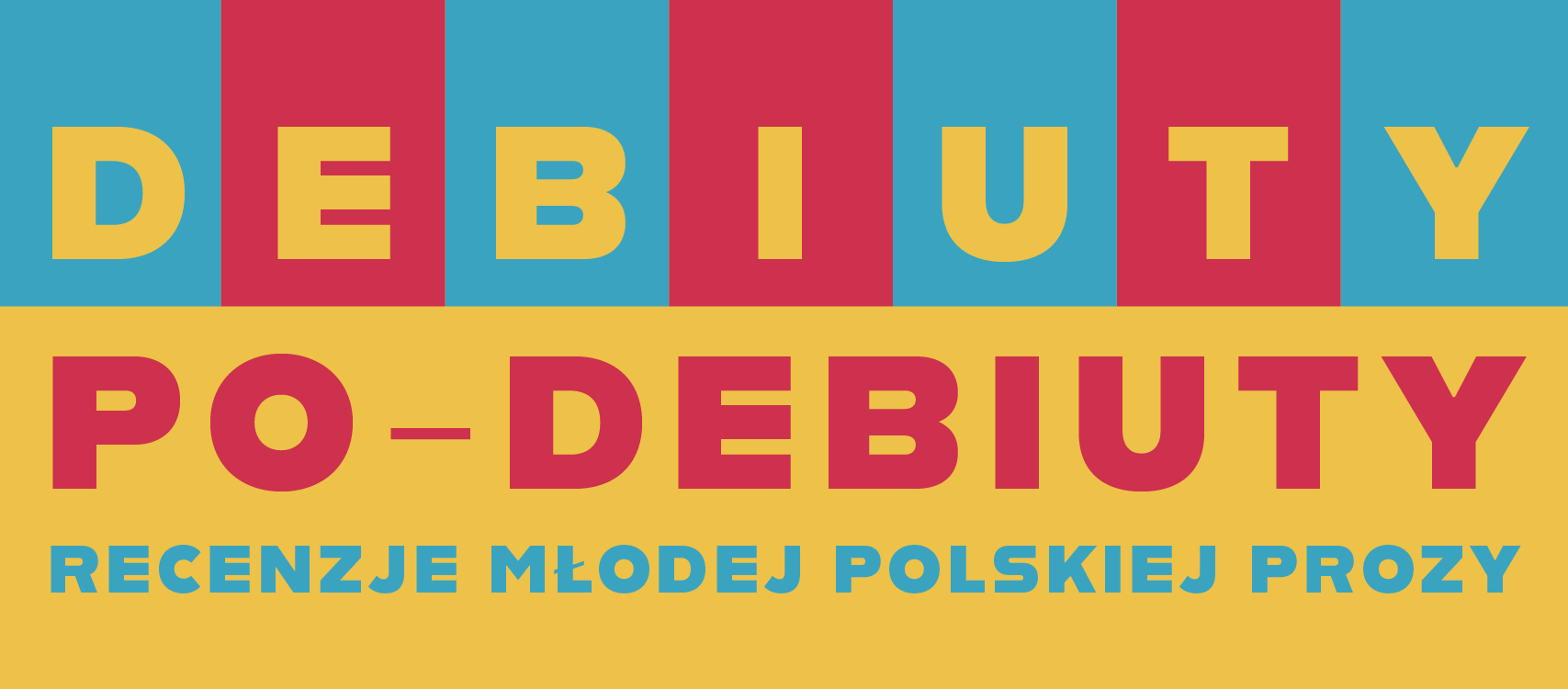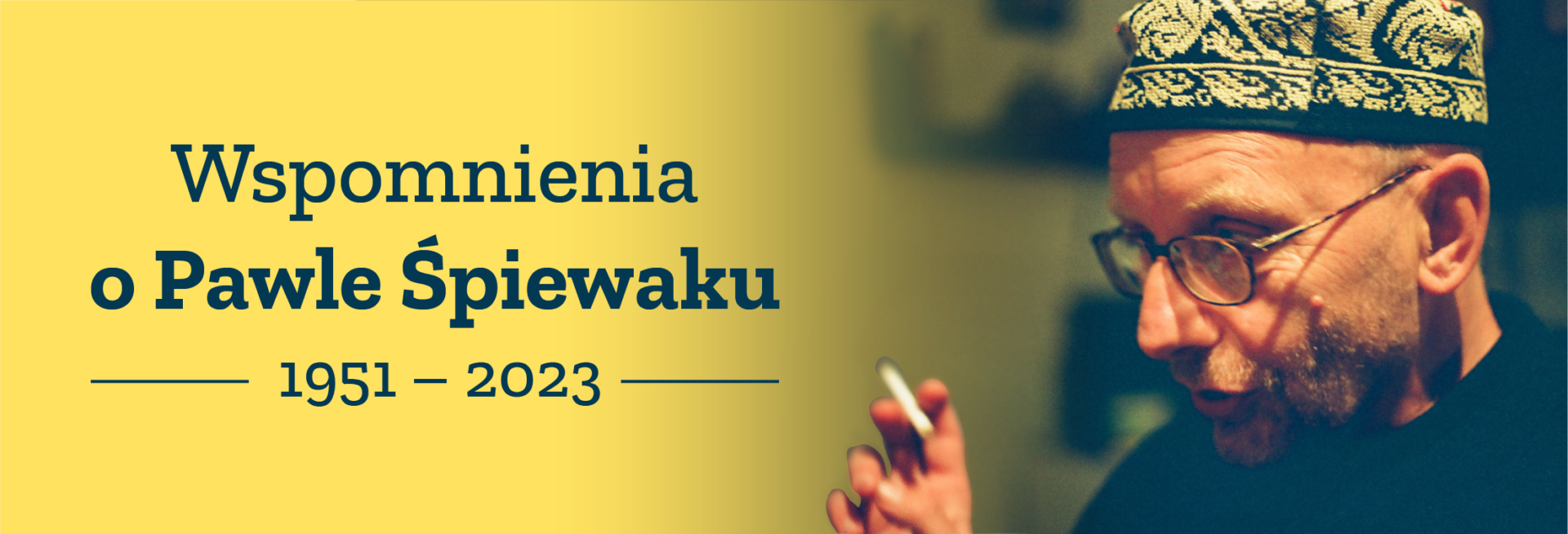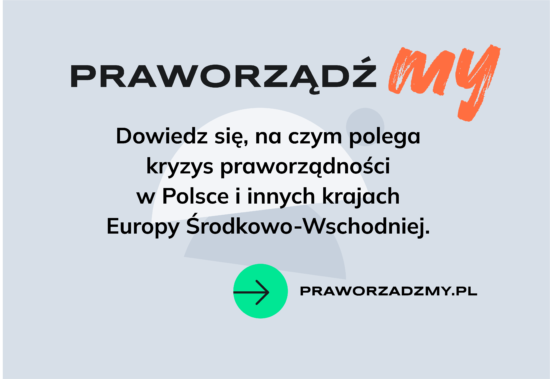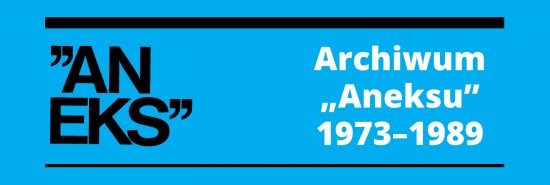KULTURA LIBERALNA > Pytając > Johnsen: Participation and...
Johnsen: Participation and involvement bring results
Nation of Voluntary Citizens
There are countries where almost every capable citizen is a part of some voluntary structure. How is that achieved? Is the involvement triggered by current needs and local deficiencies? Or maybe it touches upon a broad societal agenda? Anna Mazgal asks Stian Slotterøy Johnsen, Leader of communication at Frivillighet Norge, the Association of NGOs in Norway.
Anna Mazgal: Some really impressive numbers: annually 58% of the grown-up Norwegian population participates in voluntary work and 84% of Norwegians are members of one or more organization. What are the key factors of such a high level of civic engagement?
Stian Slotterøy Johnsen: In my opinion, the most important factor is that there are so many different possibilities to participate. You will always find something that suits you. We have about 115 000 NGOs offering opportunities to engage in a very broad range of activities. Most of the NGOs are quite small – with less than 50 members, no employees and very little income. These are based entirely on voluntary work. In Norway people realise that a lot of important activities, such as sport activities for children and youth, just wouldn’t be possible without voluntary work. So there is a culture of voluntarism that everybody knows and understands. Of course, another key factor is the favourable environment for NGOs. It is also important to make sure that participating in voluntary work is as easy as possible for the volunteer.
What are the best ways to keep up people’s motivation to be a part of an NGO?
We do not know nearly enough about this, and we are constantly working to get more research on the topic. We recently managed to persuade our government into implementing a ‘satellite account’ for the NGO-sector based on guidelines from the United Nations. We also encourage other countries to do the same, because this will give us a better understanding of how the civil society differs.
What are the key areas of activity for the NGOs?
The NGOs are active in many different kinds of activities. A long-term development is that there are more and more organisations that are engaged in culture, sports and leisure time activities. But also local community development, advocacy, protection of the environment, health and social issues, education and international activities are important areas. Religion is another key area, but the number of NGOs and members within this field has decreased somewhat over time.
Are the NGOs likely involved in more general matters, that not necessarily directly affect their work? In other words, do they get involved in a larger public debate?
Many NGOs are very much involved in the public debate in Norway. Mostly this is related to their specific areas of work, for example advocacy for human rights, protection of the environment, fight against alcohol and drug abuse, etc. But more and more people realise that all the NGOs actually share an agenda, and play a common role in the larger society. Not only are the NGOs important because of the specific activities they engage in, but also they contribute to society in a number of indirect ways: bringing people from different backgrounds together, creating trust, building and maintaining democracy, preventing loneliness and isolation, giving voice to groups that are often overlooked and giving people a place where they can learn and develop their skills. So the NGO sector as such has become more and more visible in our society.
What is your assessment of the condition of Norwegian NGOs?
The third sector in Norway is in a good condition. The sector as a whole is financially self-sustainable, with around 1/3 of the income coming from public sources and the rest is generated by the NGOs themselves through membership fees, sales, lotteries, donations, etc. However, there are huge differences between NGOs. Some refuse to accept public funding, while others are 100% dependent upon this. In other words, the sector is very diverse also when it comes to the financial situation.
What are the key challenges?
In my opinion, the key challenges for NGOs are on two levels. On the one hand, we need to make sure that the state provides a framework where the NGOs are allowed to thrive: they need access to income sources, as little bureaucracy as possible and to be recognised by politicians at all levels as important contributors to society. On the other hand, the NGOs themselves have to adapt to the modern way of life, where people prefer to spend a clearly defined amount of time, working with concrete activities, and “shop around” between different NGOs, rather than engaging in a lifelong relationship with one NGO, which was more common in the past.
Are the voluntary work and wide NGO membership accompanied with broad participation in public life?
We believe that they are, and the scientists agree with us. It is true that in Norway, like in most places, participation in elections has declined somewhat during the last decades. But there is substantial evidence on a relationship between a strong NGO-sector and the level of social capital. I believe that people, both inside and outside the NGOs, learn that participation and active engagement leads to results. In an NGO the distance from idea to reality can be very short. People learn that their opinion counts in an organization, and thus they demand that it should also count in other parts of society.
* Stian Slotterøy Johnsen is a member of the Frivillighet Norge delegation that is visiting Poland on February 8th-10th upon the invitation of National Federation of Polish NGOs. The exchange was made possible by the Norway Grants mechanism within the Trans-Border Cooperation framework.
*Stian Slotterøy Johnsen, Trans-Border Cooperation, Frivillighet Norge, NGOs, voluntary work, citizen
Skoro tu jesteś...
...mamy do Ciebie małą prośbę. Żyjemy w dobie poważnych zagrożeń dla pluralizmu polskich mediów. W Kulturze Liberalnej jesteśmy przekonani, że każdy zasługuje na bezpłatny dostęp do najwyższej jakości dziennikarstwa
Każdy i każda z nas ma prawo do dobrych mediów. Warto na nie wydać nawet drobną kwotę. Nawet jeśli przeznaczysz na naszą działalność 10 złotych miesięcznie, to jeśli podobnie zrobią inni, wspólnie zapewnimy działanie portalowi, który broni wolności, praworządności i różnorodności.
Prosimy Cię, abyś tworzył lub tworzyła Kulturę Liberalną z nami. Dołącz do grona naszych Darczyńców!
PRZECZYTAJ INNE Z TEGO NUMERU
KOMENTARZE














